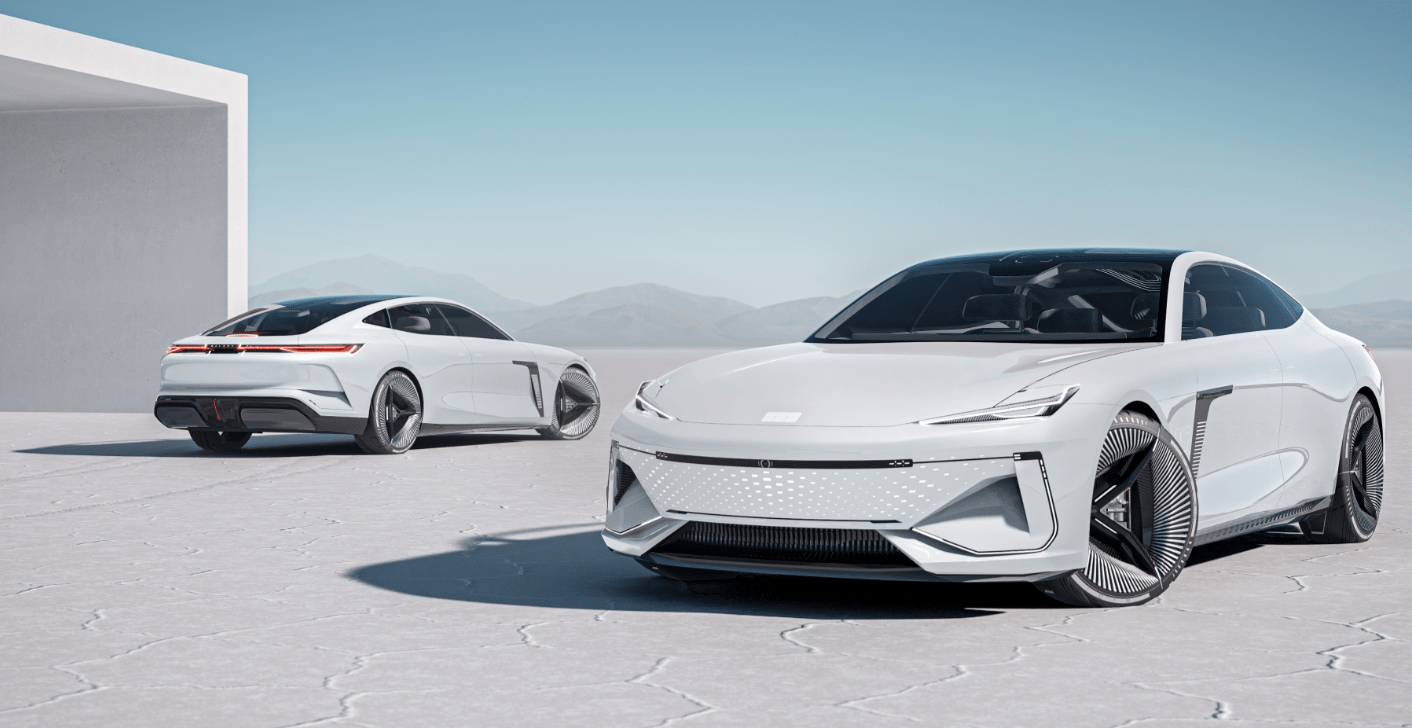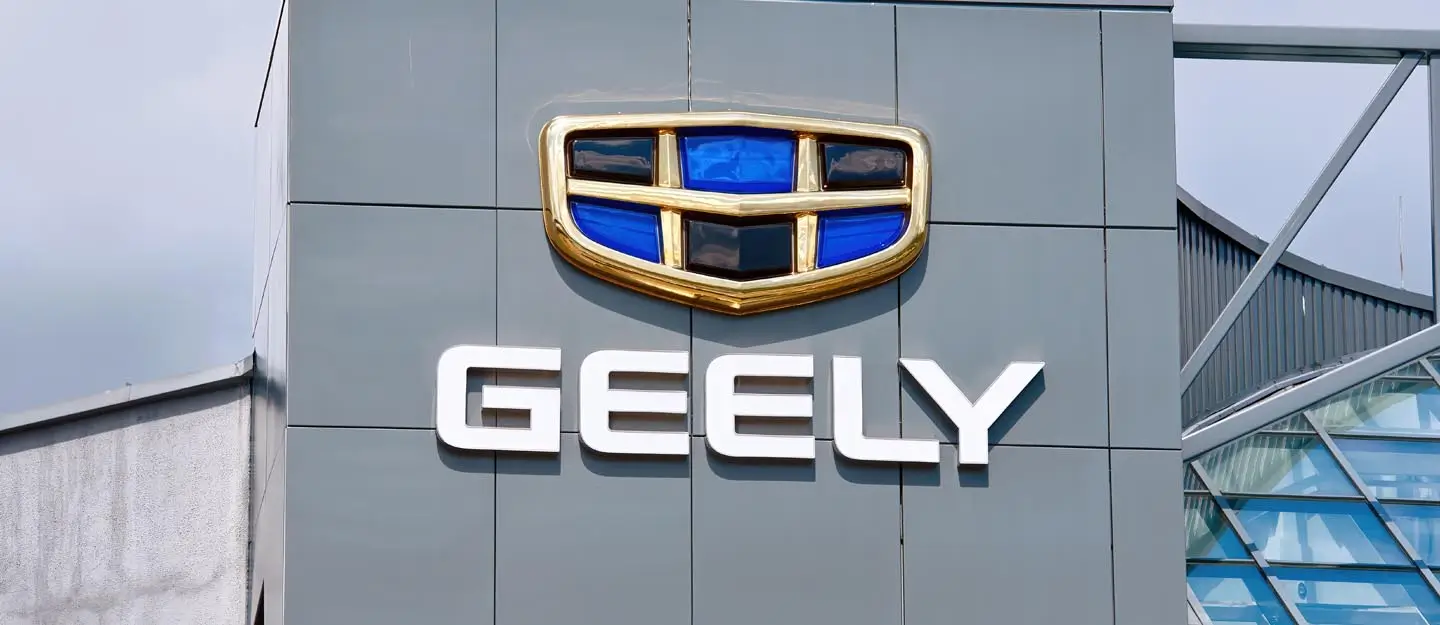Geely Launches New Luxury Electric Car Brand (PDF)

Chinese auto giant Geely (Zhejiang Geely Holding Group Co. Ltd.), the owner of Volvo and Polestar, has unveiled plans to introduce a new high-end line of electric vehicles before year’s end. This new range, dubbed Yinhe (which means Galaxy in Chinese), will consist of seven models: four long-range hybrids and three all-electric cars. Although these cars will be Geely’s first foray into the world of EVs, its family brands – Volvo and Polestar – have done commendable work in the sector. Volvo’s XC40 Recharge and C40 Recharge have met with wide success, as has Polestar with its popular Polestar 3.
Familiar Swedish brands Volvo and Polestar have offerings in the electric vehicle world too. Geely, the company responsible for them, has Geometry as its mass-market EV brand and Zeekr is its current premium one. Yinhe, also known as Galaxy, is now joining the lineup as Geely’s top-level electrified brand. Its first model – the Yinhe L7 SUV – will be powered by a plug-in hybrid powertrain. Expect a top speed of roughly 120 mph with a 0-62 mph (0-100 km/h) time of 7.5 seconds. Fuel economy should be about 5.23 L/100 km or 45 mpg with an impressive total driving range of more than 850 miles. The L7 SUV is set to launch in the second quarter of 2023.
Yinhe Range will launch its first electric vehicle later this year, according to Geely. Although the company did not provide any specific details about this new EV, it is expected that it will be based on the Galaxy Light concept shown earlier. This new model is expected to be the E8 Flagship.
The Light concept features a fastback design with two butterfly-style doors on the front and rear-hinged doors on the rear. The interior has a high-tech feel thanks to a large display screen that spans the dashboard, mood lighting, and translucent materials.
In addition to new designs and powertrains, the Yinhe series will utilize the new Yinhe N-Operating, designed by Geely Auto, which reportedly enables its vehicles to be operational in a mere 0.5 seconds – the fastest start-up time in the industry. While Geely currently produces cars under established brands Volvo and Polestar, no plans have been made to bring their new series of vehicles to America.




